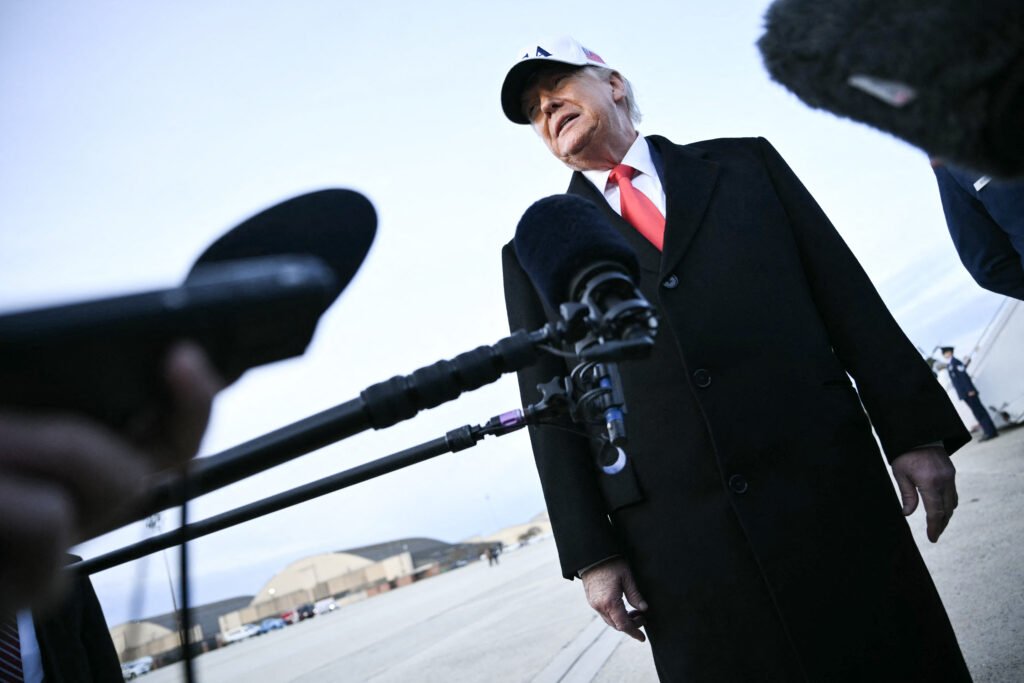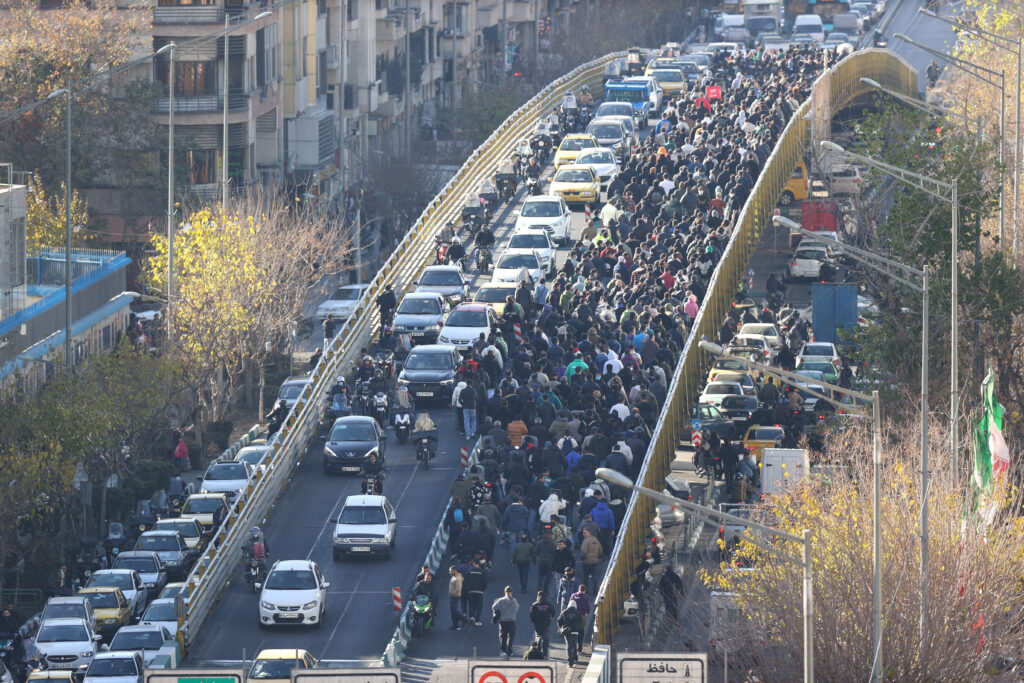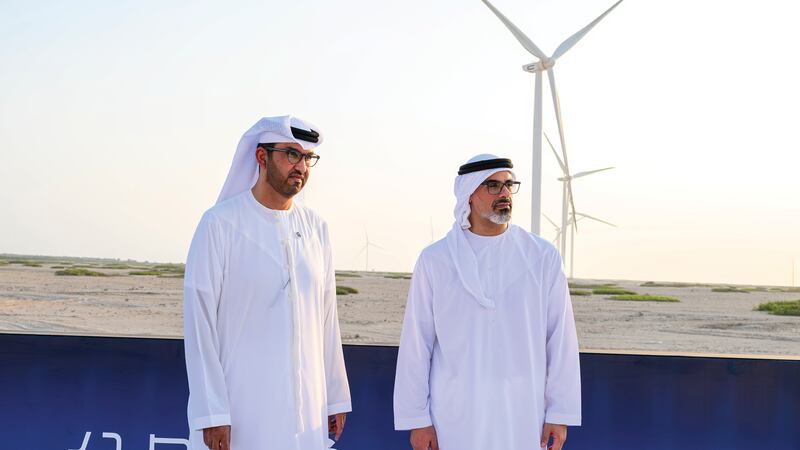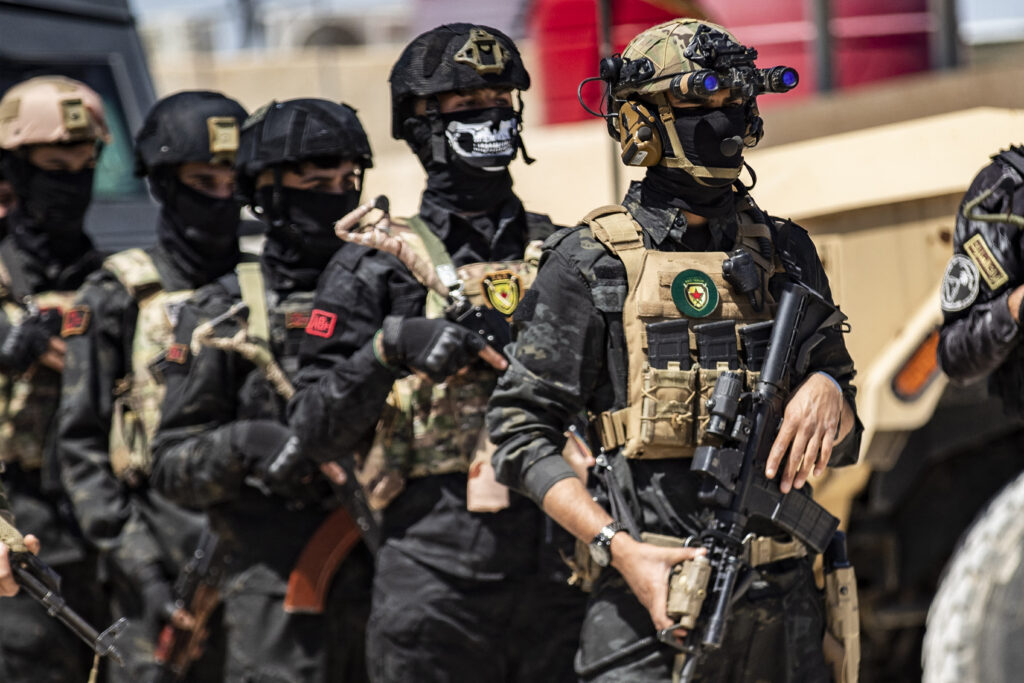Dr. Eskandar Sadeghi-Boroujerdi delivers a talk regarding his research on the reformist movement in post-revolutionary Iran.
Revolution and Its Discontents: The Struggle for Reform in Post-revolutionary Iran
- -
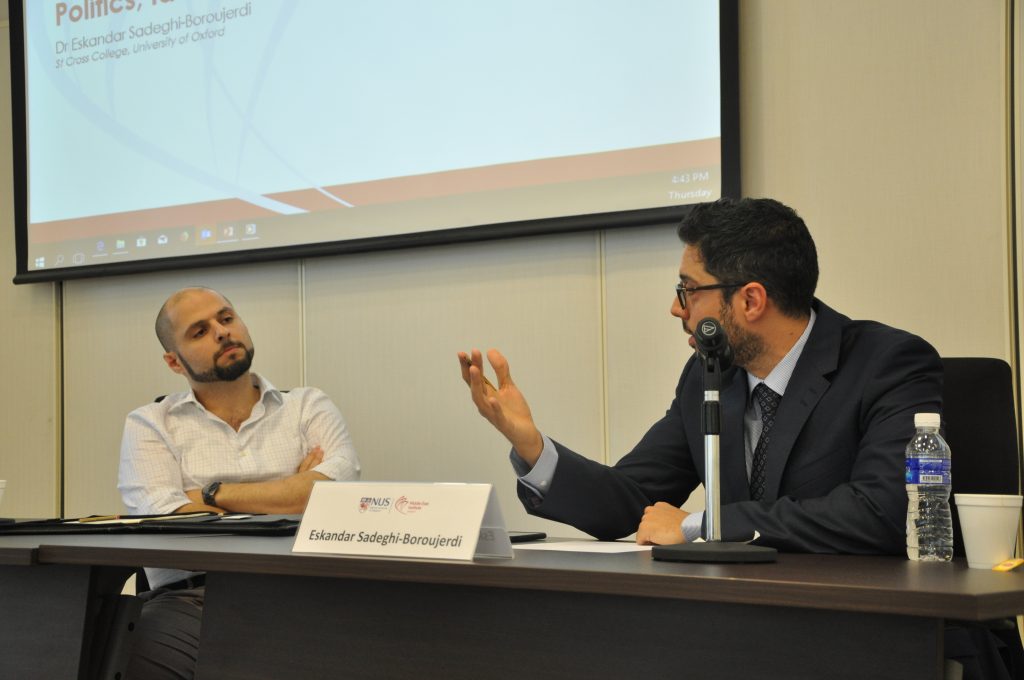
On 12 July, Eskandar Sadeghi-Boroujerdi, a Postdoctoral Research Fellow at St. Cross College, University of Oxford, came to MEI to deliver a talk on the intellectual and political genealogy of the Iranian reform movement. He traced the origins of the Islamic left, who would later become the reformists, back to 1979 post-revolution Iran. This was the time of increasing factionalism within Iranian politics, and the new political class of the Islamic left developed out of this. The Islamic left had a preference for the nationalization of the economy, social justice, and anti-imperialist efforts against what they viewed as the neocolonial regime of the shah. At the time, the Islamic left was an integral part of Iranian politics, and harbored social, political, and symbolic capital in the new state.
In this immediate post-revolution Iran, there was a distinct rejection of liberalism, a great influence of many prominent postcolonial theorists, and the influence of the idea of permanent revolution and cultural authenticity, which involved the rejection of the authoritarian westernization model of the shah. However, the eight-year war with Iraq caused distinct shifts in the political and social climate, away from the utopian revolutionary vision of the late 1970s. There was no victor to the war, with a ceasefire being declared in 1988 according to UN Security Council Resolution 598, and Iran’s national isolation deepened. Paired with the death of Khomeini in 1989, the Islamic left was left with a dystopia instead of the utopia that the revolution had appeared to promise.
Boroujerdi then proceeded to discuss the postwar ascension of the new right, under the presidencies of Sayyid Ali Hosseini Khamenei and Akbar Hashemi Rafsanjani. These leaders enacted constitutional amendments, including the creation of the position of a supreme leader. There was also the change that enabled the government to deny Sharia as long as it was to help the Islamic state – Boroujerdi provided an example of this in how the government could be allowed to confiscate a mosque if the land was needed for government use.
By 1992, there was a complete marginalization of the Islamic left from major political powerhouses, for example with Article 99 of the constitution being reconstructed to give the leaders the ability to veto parliamentary candidates who were deemed unfit – namely, the Islamic left. Because of this, in the 1990s much of the left returned to higher education and publication in order to reevaluate and reflect on past ideas, with the mindset of waiting to return to power. This was really when the Islamic left became the new reformists, formed by the newspapers, journals, and think tanks. During this time there was also a distinct transformation in demographics, with increasing urbanization, a rise in levels of higher education, and more women occupying places in the public sphere. All of these factors, Boroujerdi argued, contributed to enabling more people to engage with the Islamic left’s publications.
Boroujerdi described how at this time, immediately after the fall of the Soviet Union, Iranian intellectuals were reading their own history from a new perspective, carefully analyzing their own state so that USSR’s fate would not befall Iran. The Cold War liberalism of the years before also impacted the reformists, with its strict anticommunist stance, the idea that all utopian projects are destined to fail, and that piecemeal reforms were more reliable instead. Modern reformists appropriated the position of classic liberalism with their revival of the Constitutional Revolution of 1905-1911, the revolution that gave Iran its constitution and parliamentary system and thus limited the power of the shah.
The late 90s and early 2000s saw the presidency of Khatami, with his rhetoric of strengthening civil society and upholding the constitutional rights of citizens. At this time there was debate as to whether Khatami would be “Iran’s Gorbachev”. By the early 2000s, the reformists emerged as a distinct faction, however they faced distinct structural challenges. There was a parallelism between state institutions and civilian elected ones, a parallelism that could let the state institutions throw a wedge in the processes of democratically elected ones. However, despite challenges, the reformists did have a few key successes, namely the institution of municipal council elections in 1999.
Leading into the current era, Boroujerdi described the Rouhani presidency. There was low electoral turnout for this election, as the Iranian middle class was disillusioned. Rouhani exemplified the “new right” – he was not revolutionary and he was not leftist. He emphasized the defense and security part of running the Iranian state. In 2013, he had the mission of restoring Iran’s nuclear program, saying that it could run as long as the country is running. The reformist support for Rouhani was essential in his election, as they thought he would give them the most space for reform and was the least terrible candidate. Rouhani looked to restore the Iranian economy, but the future of these efforts, as Boroujerdi argued, are uncertain due to the current political climate regarding Iran, including Trump’s hardline stance against the nuclear deal and the efforts being made by surrounding powers to regionally isolate Iran.
During the Q&A, a question arose regarding the existence of the Islamic left. Is it still possible to speak of an Islamic left, or have they shifted to a strictly neoliberal stance? Boroujerdi responded that the reformist trend has been set, with the transition from left to neoliberal. He also emphasized that of course there are always people at the edges who stick to the left, but in order to take up the leftist mantle – albeit in a different iteration of course – there is a need for transformation, and attention to the way in which Iranian class formation is different from what it was immediately post-revolution.
Eskandar Sadeghi-Boroujerdi is a Postdoctoral Research Fellow at St Cross College, University of Oxford. He received his doctorate in Middle Eastern Studies from Queen’s College, University of Oxford. He has published widely on modern Iranian intellectual and political history and Iranian current affairs. His forthcoming book entitled “Revolution and its Discontents: Reform and Political Thought in Iran” will be published with Cambridge University Press later this year.

